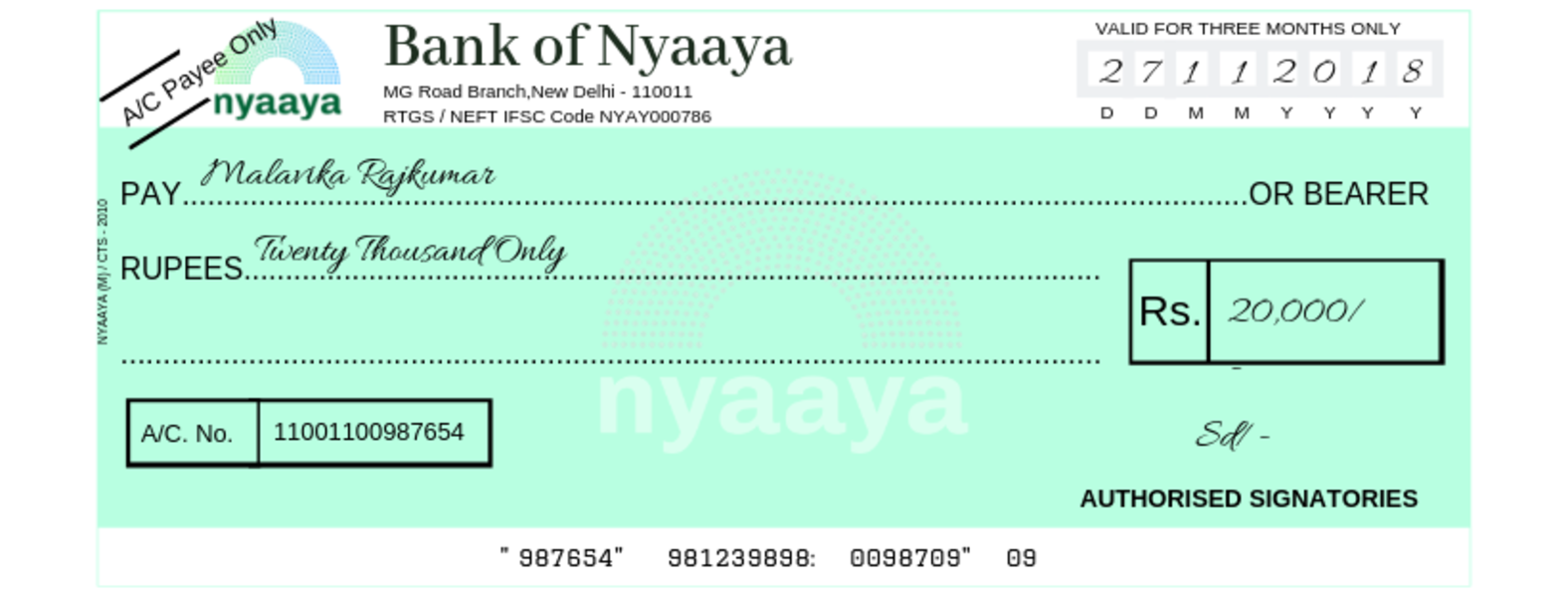If you are planning to sell a property, one of the most critical factors you must consider during the sale is the process of registering the transaction.
Registering the Sale
Registering the transaction or sale is beneficial for both parties since it means that the government recognizes the transfer of property from the seller to the buyer. In India, all individuals must register(( The Registration Act, 1908.)) the sale of an immovable property for which the transaction costs exceed Rs.100. Since the cost of land or a house is much higher, this effectively implies that sale of such a property must be registered. Furthermore, all transactions involving gift of an immovable property, as well as lease for a period exceeding 12 months also need to be registered.
Disclosure of Information
As a seller, it is important to ensure that the transaction is carried out with absolute honesty and in full agreement with the buyer. This is necessary to ensure that there is no conflict or dispute that arises over the transaction in the future. When the buyer shows an interest in the land or house you wish to sell, you, as the seller, must:
- Disclose to the buyer any material defect in the property of which you are aware but of which the buyer is not aware, and which the buyer cannot ordinarily discover.
- Make available all the relevant documents to the buyer for examination, including all documents of title relating to the property.
